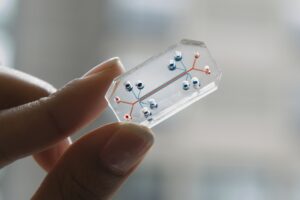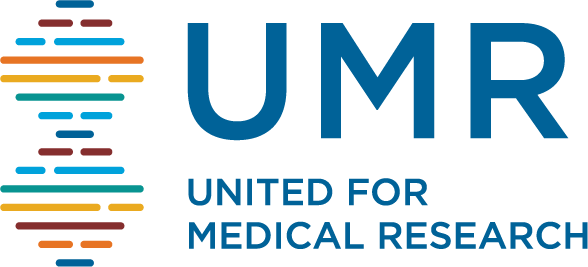Summary


In this episode of The Amazing Things Podcast, we talk to Dr. Lucie Low about tissue chip technology and its potential to change how we develop and test new drugs. Dr. Low is the Scientific Program Manager of the Tissue Chip for Drug Screening Program at the National Center for Advancing Translational Sciences (NCATS), part of the National Institute of Health.
Approximately 30 percent of promising medications have failed in human clinical trials because they are found to be toxic despite promising preclinical studies in animal models. Additionally, about 60 percent of drug candidates fail due to lack of efficacy. These currently unavoidable facts of the drug development process are one reason why there is so much excitement around tissue chips.
